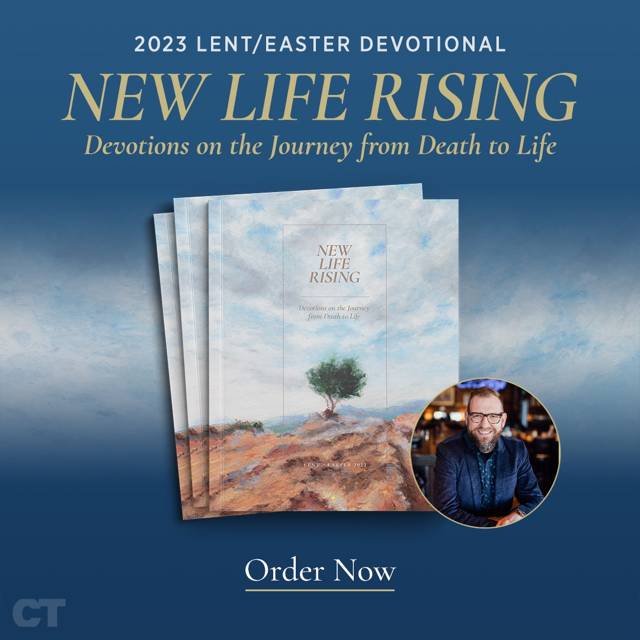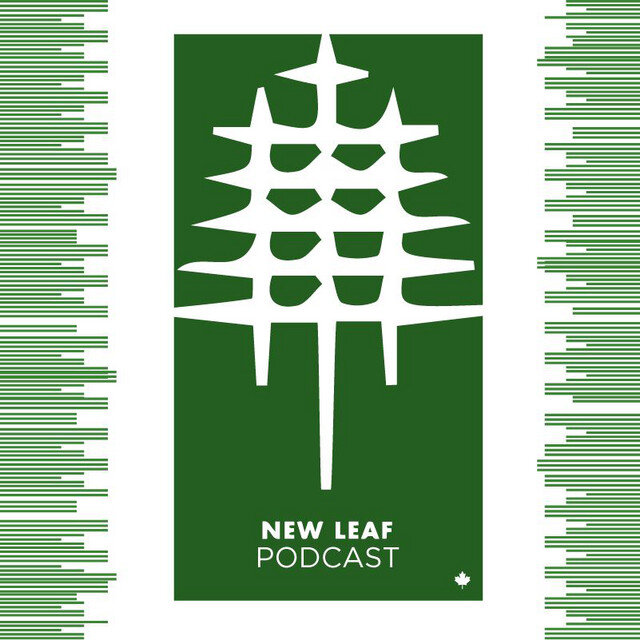It was in a time of revolution in China and war in Korea that Norman McLaren decided to create a short film about two neighbours. The film, called “Neighbours,” was produced by the National Film Board of Canada, and it was a quirky little story. Like many NFB films over the years, it experimented with a new kind of stop-motion film-making in full colour. In 1953 it even won an Academy Award and later an Oscar Award. The film, however, made waves for another reason - it tackled the hate that can grow between two neighbours and for that it was considered very controversial at the time.
The film offers a simple plot, and you can watch it online. Done in a unique stop-motion style, two neighbours sit pleasantly on their lawn chairs across from each other, smoking a pipe and reading the paper. Then, magically, a small flower grows between them. They take turns enjoying the flower, smelling it and admiring something so beautiful that found a home in their midst. Their pleasure turns to greed and envy and soon they are fighting over which side the flower might be on. Who did it belong to? They erect a fence, and fight over that. Soon the fence is broken apart and is turned into swords and the fight is on. The film ends with both neighbours laying dead, having killed each other, and a flower trampled underfoot. McLaren’s message is woven into the film: peace is certain if there is no war, and war is certain if there is no peace.
The film became the most popular film ever put out by the National Film Board of Canada and it went global, showing in tens of thousands of theatres around the world. It is a simple message of peace that begins, interestingly, in a peaceful suburban neighbourhood between two peaceful neighbours. It challenged the idea that war and hate begins in some far-off land between uncivilized people, as some thought in the 1950’s. Rather, peace begin to grow, or fails, between neighbours. The smallest difference, treated with cruel selfishness, can certainly descend into anger and dispute just as much in a suburban neighbourhood as it can anywhere in the world.
We might think that peace is inevitable in our community, that Chestermere and our own neighbourhoods will always have peace. But peace is not a de facto reality if it is not actively nurtured. Small things that divide us, if allowed to grow, will do its toxic work in us, and around us. We may want peace in the world, and we may advocate for the highest ideals, but if that does not translate into real love and peace between neighbours, then it remains merely a vague aspiration.
Real peace between real neighbours is something that we make and remake often. We find ways to give, even as someone is trying to take. We live generously, we forgive often, we may even lose something in the process of loving neighbours. A business may not serve us just as we like, or a driver may cut us off, but if our first reaction is to bark and bite on social media, the work of dismantling peace has begun.
Our work in 2021 may be to rebuilt what has been damaged between us, even if it comes at a cost. The work of peace is the work of being human, and we are most human when we find ourselves creating peace here and now. “Blessed are the peacemakers” is more than an adage for nice people, it is the doorway to Life.













































